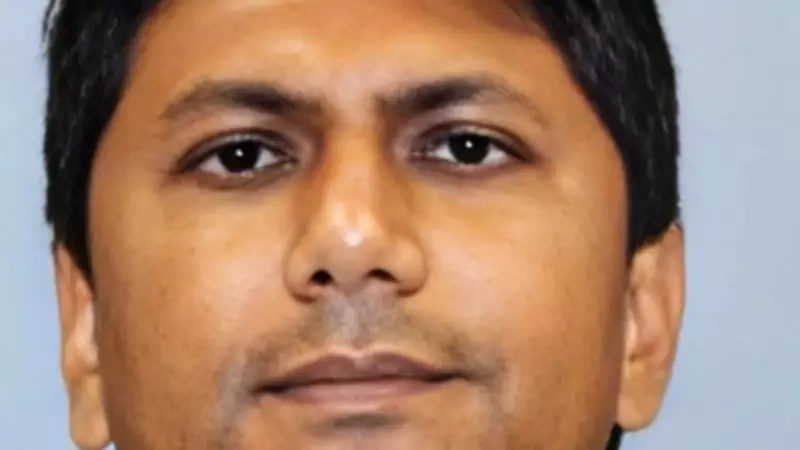
In a shocking case that has sent ripples through the tech community, Indian-origin software engineer Mehul Goswami finds himself facing up to 15 years in federal prison for an elaborate moonlighting scheme that authorities are calling a "brazen fraud."
The Double Life of a Tech Professional
According to court documents, Goswami, a 34-year-old technology professional based in California, managed to secretly work for two major US companies simultaneously while drawing full salaries from both. The sophisticated scheme involved him holding positions as a lead software engineer at both organizations without either company's knowledge.
"This wasn't just simple overtime work—it was a carefully orchestrated deception," said federal prosecutor Anish Desai. "He created separate digital identities, used different devices, and maintained this dual employment for several months, collecting nearly $400,000 in combined compensation."
How The Scheme Unraveled
The elaborate arrangement came crashing down when both companies assigned Goswami to the same industry conference. Suspicious grew when he provided conflicting excuses for his inability to attend either company's scheduled meetings.
Further investigation revealed:
- Use of separate laptops and mobile devices for each employer
- Creation of multiple email accounts and communication channels
- Overlapping work hours and conflicting meeting schedules
- Submission of timesheets indicating full-time work for both companies
Serious Legal Consequences
Goswami now faces multiple federal charges including wire fraud, identity theft, and making false statements. If convicted on all counts, he could serve up to 15 years in prison and pay substantial fines.
"This case serves as a stark warning to professionals about the legal boundaries of remote work," explained employment law expert Dr. Priya Sharma. "While side gigs are common in the tech industry, deliberately deceiving employers about simultaneous full-time employment crosses into criminal territory."
Broader Implications for Remote Work Culture
The case has sparked intense debate within the technology sector about the ethics of remote work arrangements and the need for clearer employment policies. Many companies are now reviewing their remote work agreements and implementing stronger verification processes.
As the Indian tech community watches this case unfold, it raises important questions about professional ethics in the era of flexible work arrangements. The outcome could set significant precedents for how similar cases are handled in the future.





